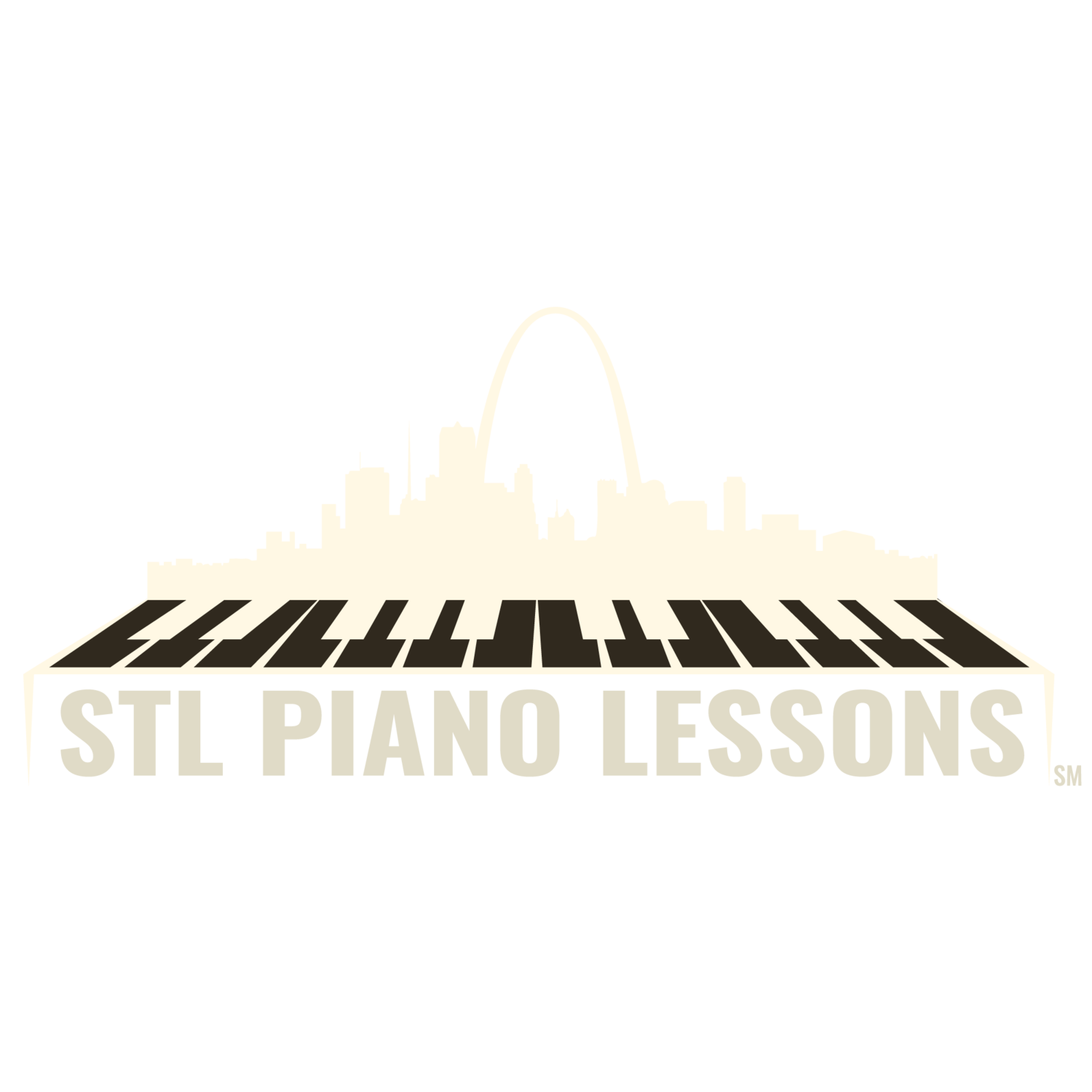“We are the music makers,
And we are the dreamers of dreams”
-Arthur O’Shaughnessy/Willy Wonka
It’s my 8th birthday and I’m jumping out of my skin in anticipation of what might be behind the enormous piece of plywood my parents have carefully placed across the entrance to our living room. “We’re waiting for Grandpa to get here,” my mother cheerfully says, as the seconds continue to tick by, ever so glacially.
My grandpa FINALLY arrives, walks across the kitchen, peeks behind the plywood, and exclaims “Oh my, look at that motorcycle in there!” I assumed from the look of annoyance on my mother’s face that he’d given away the surprise, as I tried to pretend that I hadn’t heard him.
I could hardly contain my excitement- “I’m getting a motorcycle!!!” I immediately began to speculate as to how many girls the only eight-year-old boy in his school could pick up.
The plywood was pulled back and they had me close my eyes, as they led me slowly into the living room. Images swirled in my mind. “Was it dark blue… or even better… shiny red, with gold sparkles? What color is my helmet?!? Do I get to wear cool boots and leather gloves?!?!?”
Suddenly, they stopped me in the center of the living room. The moment of the big reveal had come! “OK, open your eyes,” I heard someone say. I opened them. There, sitting right before my eyes, was…. a piano.
I did my best impersonation of an excited boy, but I suspect that the look on my face revealed a less-than-enthusiastic response from what my parents had hoped for. It took a while for my mom to forgive my grandpa for having built up my expectations, but it took absolutely no time at all for me to realize that I’d been given one of the greatest gifts anyone could ever receive: the gift of making music at the piano.
The piano and I have been best friends ever since, always there for me whenever I needed to express whatever emotion required expression in any particular moment. In fact, there’s never been a time when I didn’t walk away from playing the piano not feeling at least a little more alive than when I’d started.
My goal is to spark that same lifelong passion for making music in my students, whether they wind up doing it in a professional capacity, purely for the sake of enjoyment, or they simply need a friend to turn to who will always be there and will never let them down.
Since everyone learns differently and has different musical interests and goals as to what they want to achieve, I carefully tailor my teaching methods to the learning styles of each individual student. I especially enjoy teaching students with special needs (or “special gifts,” as I prefer to say).
But regardless of the type of student, the common element is a desire to give students a fundamental understanding of the language of music, so that no matter what style(s) they want to play, whether by ear or via the printed page, they know what it is they are expressing.
Making music is, after all, and above all else, about communicating in a way that bypasses the head and goes straight to the heart, which is why, like Sondheim, I consider teaching to be the sacred profession. As Oscar Hammerstein said, “By your pupils, you’ll be taught” and at the end of the day, I find my students to be my greatest teachers.
Who could ask for anything more?




